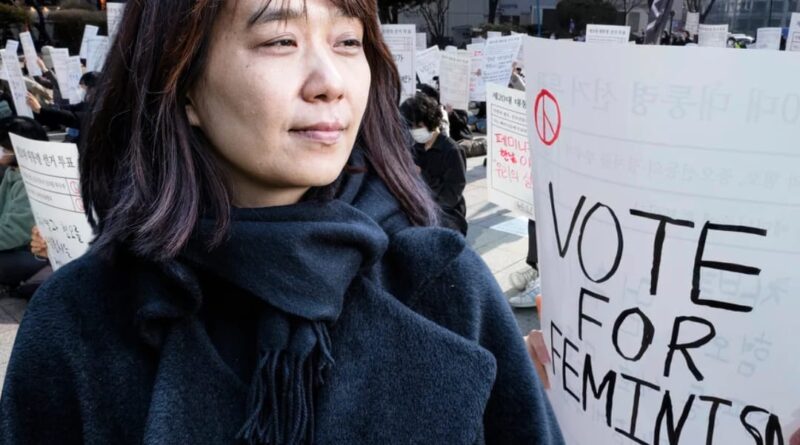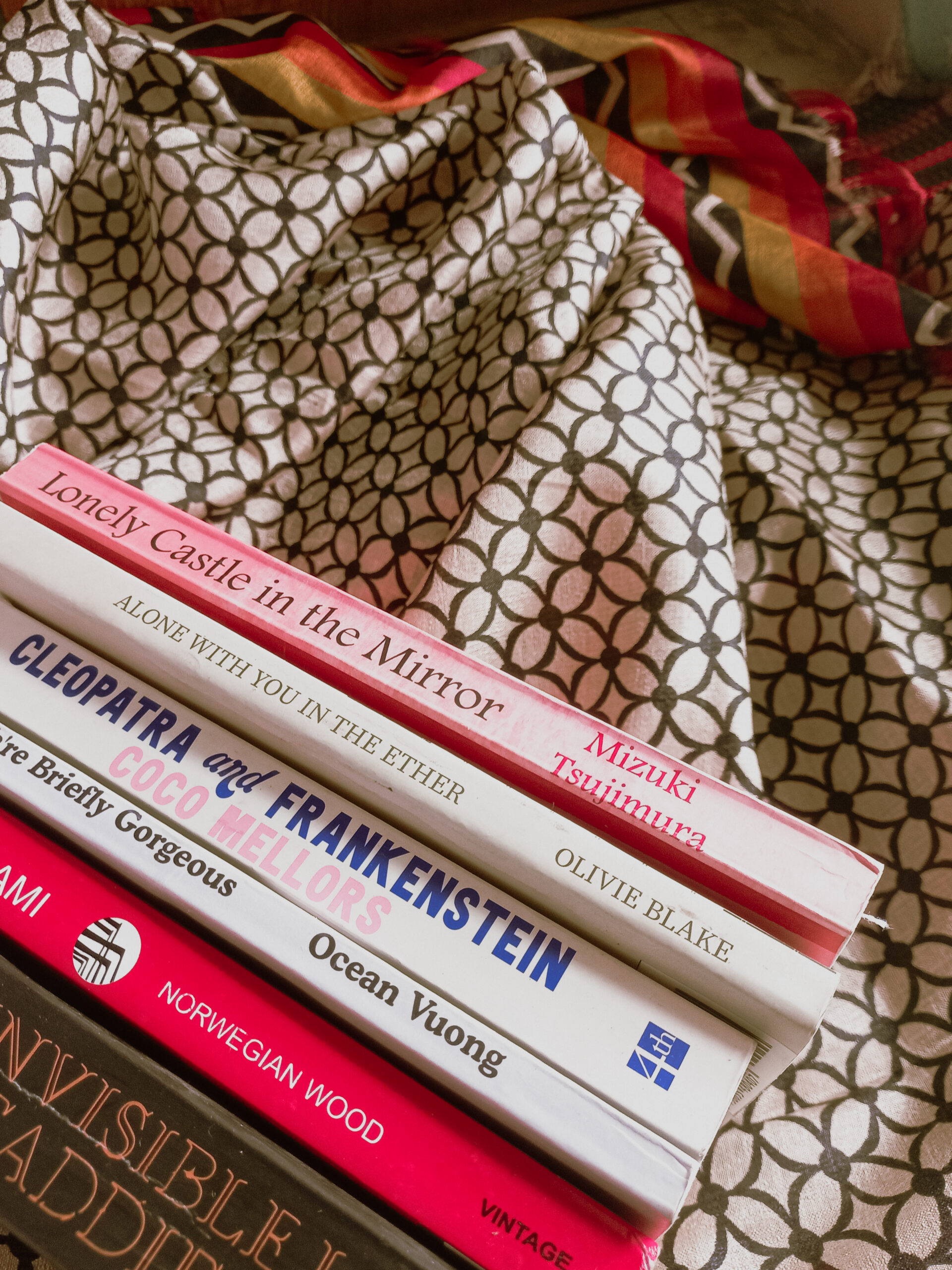Han Kang and the win of South Korean Women
It is said that history is written by the victors. That may be true, but I argue that history is best and most authentically told by the authors. Only the writer existing in that space of time where history is made can best capture the events. Their struggles through this period bring the historian out of them. That is when authors write fiction and inadvertently create a little pocket of history inside their
literature. Han Kang, an author writing her fiction, has also documented years of the oppression women have faced in South Korea, and her win of the Nobel Prize in Literature may shed light on them and bring the world’s closer attention to the injustices in South Korean women.
South Korea, a country despite its advancements in technology, has fallen several hundred steps back when it comes to women. Misogyny is so ingrained and normalized within the people and culture of this country that women are openly scorned for performing any acts that may seem
rebellious. “Feminism” is thrown out as an insult by patriarchal men who shut down any woman fighting for their rights with his unchecked vitriol. He was unchecked because his government and society allowed him to behave this way without repercussions. Indeed women are not allowed to be seen even reading literature that may have feminist ideas in them. They cite the contents of these books as being ‘feminist propaganda’ and containing ‘anti-male sentiment.’
Misogyny is normalized and encouraged because of the government itself. South Korea’s Ministry of Gender Equality (formed in 2001) is constantly under the scrutiny of the government, to the point they want to abolish it completely. They claim feminism is not an issue in the country. Instead, they blame feminists and their radical movements, such as the “4B Movements,” for the plummeting birth rate in South Korea.
Han Kang’s win came at the most opportune time for the women of her country. While millions of women are oppressed under a patriarchal society and enforced gender norms, the Nobel Prize Committee bestowed one of the greatest honors in literature on Kang, an immensely talented woman, above all other male prospects. In a time when South Korean women find themselves in situations where there is no solace from the systematic oppression they face but to swear themselves off of marriage and childbirth, Han Kang serves as a shining light an example to show women that it is possible to break free of this system and fight for their rights.




